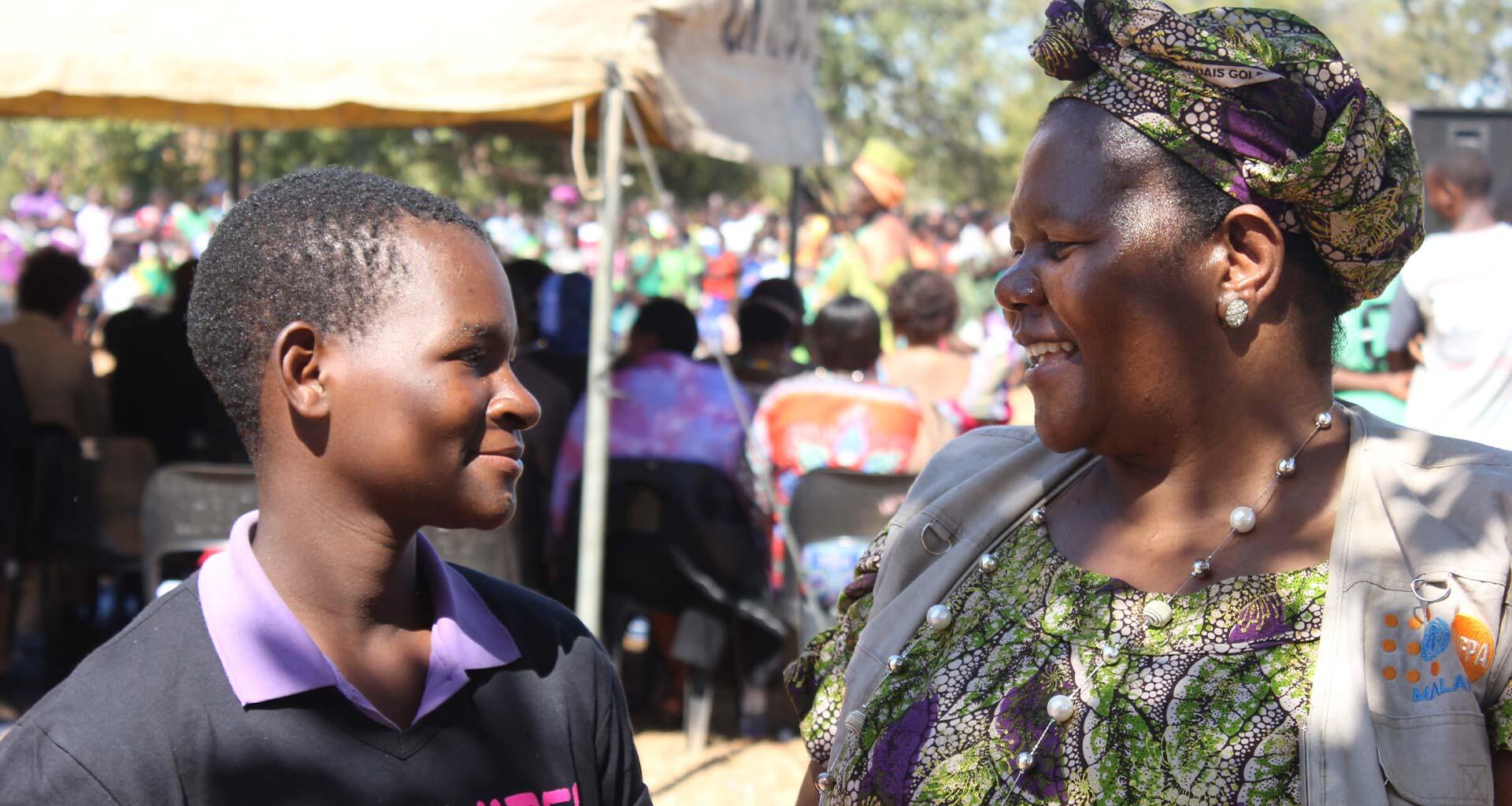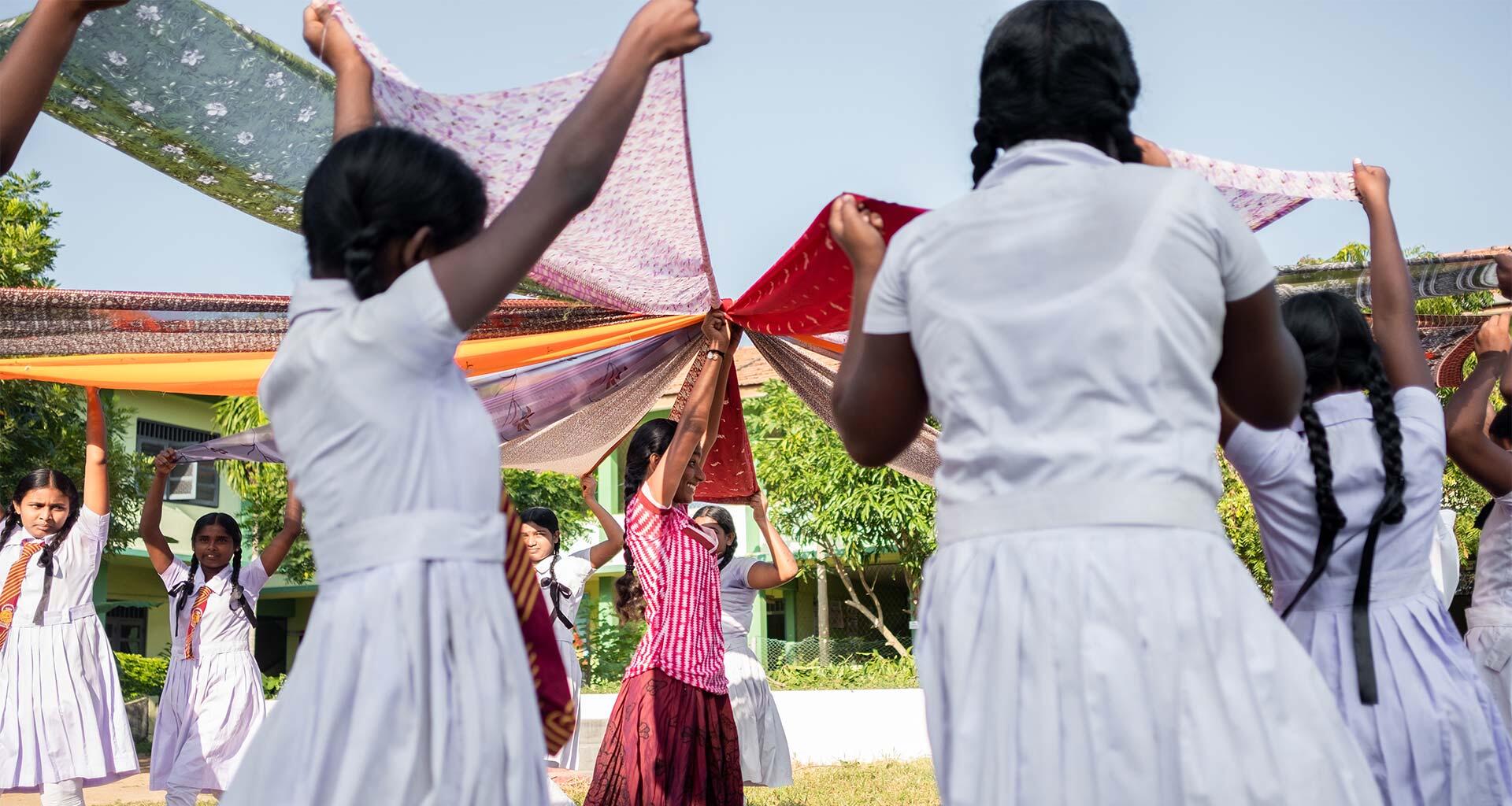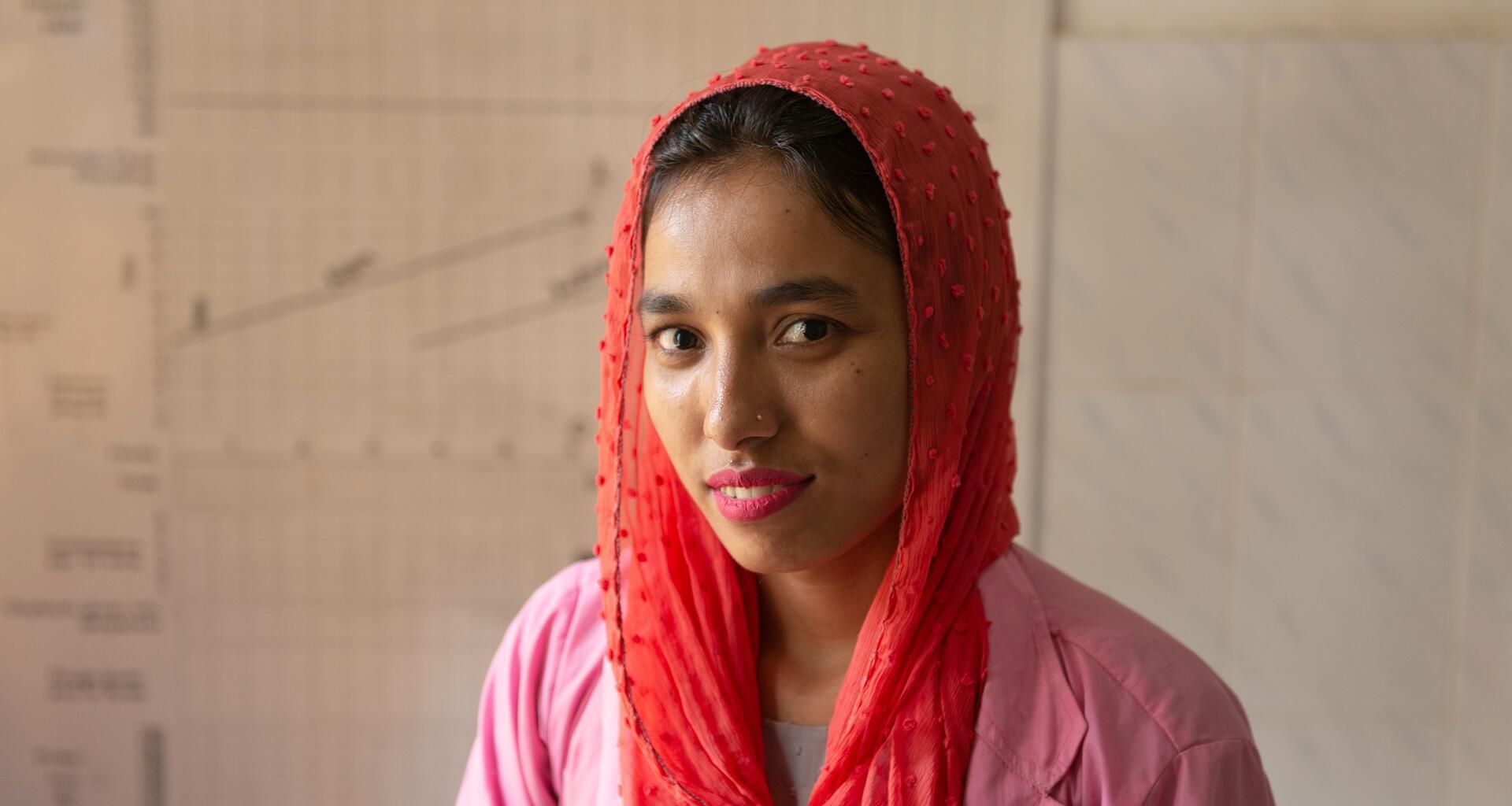What’s it like to be a second-class citizen in your own family?
In a world circumscribed by gender inequality, being born a girl can mean that you grow up knowing you weren’t quite what your parents wanted.
It can mean that, compared with the boys in your family, you always get less: less affection and attention, less support for your aspirations, fewer resources devoted to your care and education, less of a chance to grow up free from abuse and violence.
These acts of discrimination, large and small, add up and take a serious toll on girls and women throughout their entire life cycle.
Worldwide, 142 million girls are missing as a result of son preference, daughter aversion and gender-biased sex selection. These girls were unwanted, neglected, abused or malnourished – deprived of the care they needed to survive.
Those who do survive in families that prefer sons are deprived of basic human rights that would allow them to flourish. They may contend with poor health, compromised education, out-of-reach opportunities and the pain of feeling like they don’t count in their own families. Meanwhile, the pressure to have sons can undermine women’s health and lead to violations of bodily autonomy.












